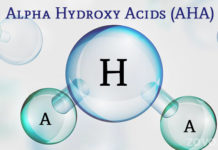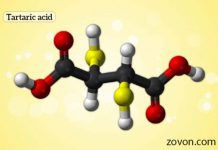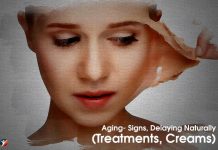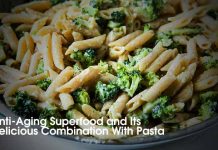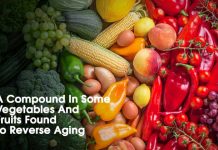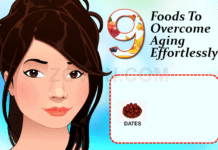Image Source:
FAQs: What people normally want to know about antioxidants?
1. What are food supplements?
Food supplement products include tablets, capsules, syrups, powders etc. which have health-building properties. These foods are composed of micronutrients such as vitamins, minerals extracted from herbs and plants.
2. Why do people consume dietary supplements?
Sometimes higher level of certain nutrients could be essential for keeping our system healthy or they can be part of conventional treatment for curing a medical problem Also, these supplements, certain doses, can be useful to prevent some diseases and illness.
3. What kind of quality control can be applied to food supplements?
First of all, a supplement should be advised by the practitioner. Secondly, long-term and high level of food supplement could be harmful. Thirdly, it must be approved by food or pharmaceutical Good Manufacturing Practice (GMP) of different countries. Fourthly, all the supplements must have children resistant packaging.
4. Are Antioxidants Safe with Conventional Drugs?
If someone is under medication, then it must be checked with a doctor before consuming antioxidants. Intake of vitamin E with an anticoagulant drug could be harmful. Consumption of supplement during pregnancy is strictly permissible by the doctor.
5. Is there any limit to the intake of antioxidants?
Limited intake of anti-aging supplements results in healthy old age. Antioxidants are clinically proved antiaging elements, though there is no scientific evidence whether these have a positive effect on mortality rate.
6. Do antioxidants influence gene?
Some laboratory research points to the fact that combination of antioxidants is able to slow down the gene activation process related to the aging of cells. Research has also shown that antioxidants reduce the oxidation damage to DNA structures thereby stabilizing them.
7. What are Free-radicals?
Free-radicals are byproducts of cellular metabolism and have unstable electrons of oxygen atoms. Due to their highly reactive nature, the electrons attack some stable molecules and neutralize themselves by making them unstable. This process is called oxidation. This process continues in a chain reaction manner and causes oxidative stress in cells which in turn causes pathology in cells.
8. Are antioxidants treatment for Alzheimer’s disease?
The role of antioxidants in the treatment of Alzheimer’s is still a debatable question. It is a proven fact that AD is related to brain cell damage due to aging. It is thought that antioxidants have antiaging properties, so scientists are looking at antioxidants as potential drugs to stop brain aging and thereby help AD patients.


